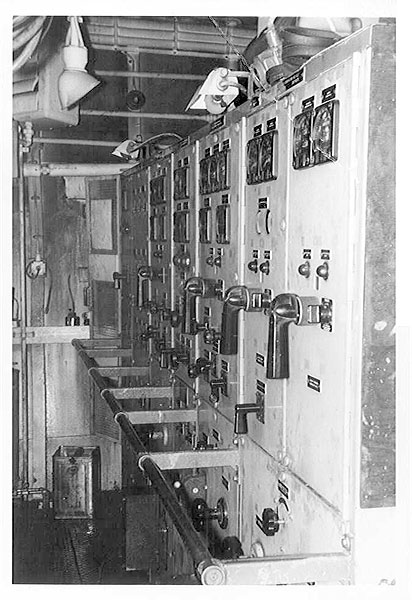
Roy Sheeran's Memoirs
Roy Sheeran worked aboard the mv Galaxy as an electrical engineer soon after the ship's arrival off the Essex coast, late in 1964.
Roy (pictured right at the Felixstowe offshore radio exhibition, 2014) has very kindly shared his memoirs and photos with us.
(Some of the photos have appeared already on the Pirate Radio hall of Fame, courtesy of John Lait.)
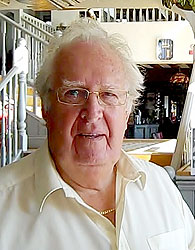
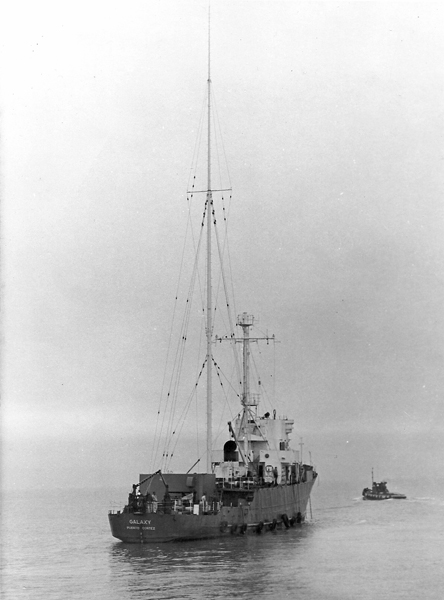
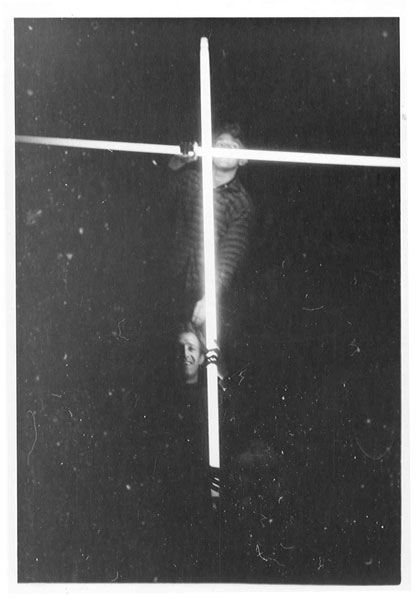
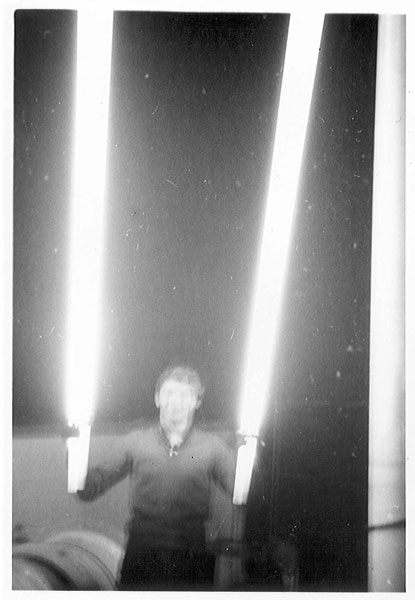
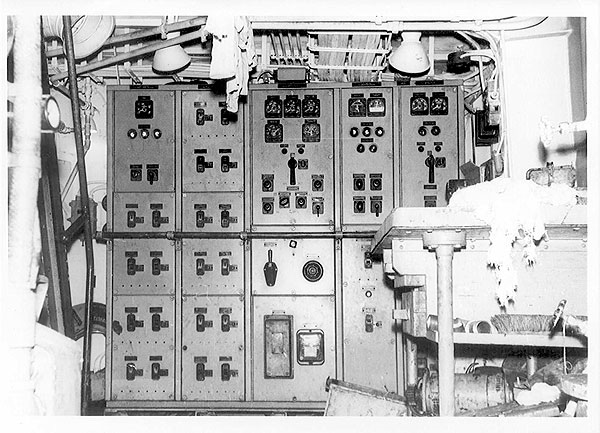 In a force nine gale, it was a problem getting into some parts of the ship if work had to be carried out. For example, several times we were required to go to the main engine room, which had to be kept running constantly. In the middle of one night, Roy, who was a 2nd Engineer, woke me to go to the engine room. Still wearing pyjamas, I went to repair the oil burner, used for providing hot water. It was always breaking down, as it was very old and there were no spare parts. The main problem was the probes that made the arc to light the flame, in order to heat the water. These probes were old and needed adjusting several times. It was easier to take them out of the boiler, shut down the fuel and switch on the probes, adjust the arc, then put it back.
In a force nine gale, it was a problem getting into some parts of the ship if work had to be carried out. For example, several times we were required to go to the main engine room, which had to be kept running constantly. In the middle of one night, Roy, who was a 2nd Engineer, woke me to go to the engine room. Still wearing pyjamas, I went to repair the oil burner, used for providing hot water. It was always breaking down, as it was very old and there were no spare parts. The main problem was the probes that made the arc to light the flame, in order to heat the water. These probes were old and needed adjusting several times. It was easier to take them out of the boiler, shut down the fuel and switch on the probes, adjust the arc, then put it back.